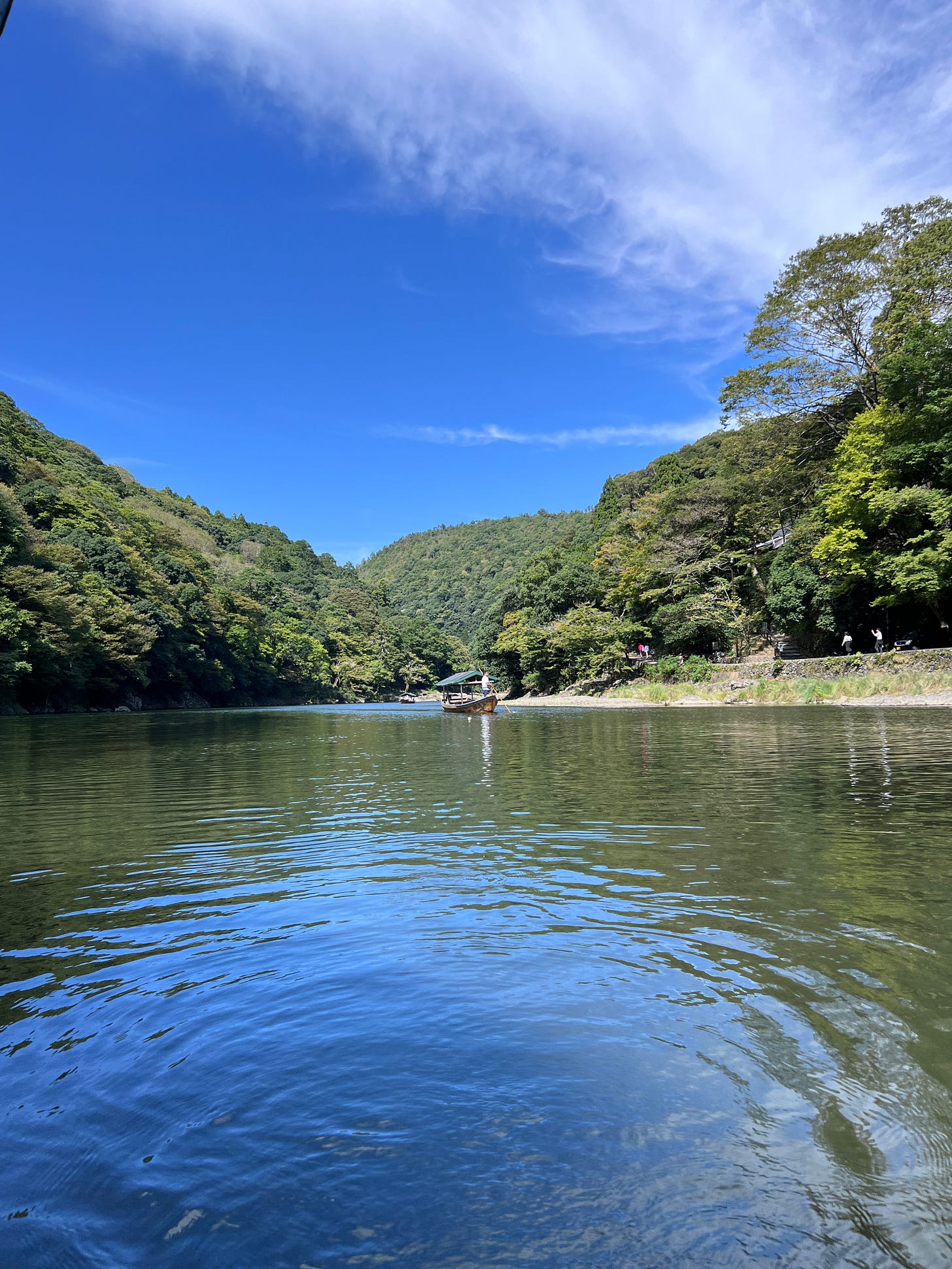Systems change, scale up, sustainable transformation - these are blanket buzzwords I am used to, coming from the international development world.
For complex challenges - such as climate change, aging, mental health - entangled in the web of overlapping systemic issues, we need a broad suite of solutions. But we have mostly overlooked the role of individuals, parents/ families, communities at the micro level.
Those, who are not necessarily decision makers embedded in institutions. Rather, those so close to the issues at hand, less constraint, and can resist or challenge the status quo.
Those, who are less confined within existing boxes, who can trigger new ideas, make those personal choices to influence, drive the collective shift from the outside.
“Don't know if we can rewire the economy without rewiring our society. Don't know if we can rewire society without rewiring our minds.” - the words of Rajesh Kasturirangan, Co-Founder of Socratus Foundation for Collective Wisdom, rings true.
Change can also start with the individual, their emotional states, starting from early childhood including the first 1,000 days when the foundations of socio-emotional development are formed.
After all, as adults, we continue to cling on to our inner child. When triggered in less-ideal circumstances, the worst in us is revealed.
Social change
Mostly, we tackle problems like a carpenter. From the micro to macro levels.
We rely too much on nails and hammering, believing that problems are isolated rather than interconnected. Alison Gopnik, American psychology professor wrote about early childhood in her book, ‘The Gardener and the Carpenter’.
The carpenter thinks that a child can be molded to do the right things, get the right skills, read the right books. We focus too much on outcomes. How our child should behave. What our child should become.
In Japan, school sports day is a big affair starting from early childhood. My kids have been busy practicing the same old routines over and over again. Young kids from early ages are molded to respect and carry out instructions as told. At its best, they reveal key values of group harmony (和 wa), conformity and humility (謙遜 kenson), and orderliness which is deemed to be ‘clean’ (清潔 Seiketsu).
Compared to the world of international development, there really is not much of a difference.
’s substack ‘How to Kill a River’ is about the destruction of Mekong river delta due to hydropower dams, constructed supposedly to benefit the environment but entangled in the development-environment trade offs.Generally, by conforming to funders’ thematic focus, hauling a team to write proposals to appeal to the funders’ fancies, recipients get the financial support while not exactly tackling the root causes of the issues.
Instead of the other organic way around, facilitation of resources should be about nurturing a rich, dynamic ecosystem - tackling it like a gardener. Not just piecemeal approaches, low hanging fruits, quick wins, short-term project cycles, aggressive competitions.
Photos by me. See Instagram | See LinkedIn | See previous posts | About
Individual change
Diabetes management, as I learn firsthand, is not just about doing more.
While yes, I do take my Metformin medications twice a day, going for doctor checkups consistently, and taking more alkaline food (vegetables, nuts, seeds, berries) for a stable blood sugar profile. I go for regular, long walks to avoid a sedentary lifestyle as part of my cardio exercise to get the heart rate up. I do need to work on strength training since muscles can absorb glucose and increase overall metabolic function.
Health management is also very much an art of subtraction.
“Too often we jump into adding rather than subtracting in everything we do” - See also Nothing More. Nothing Less. by
.For diet, it is not just about reducing sugary food. It also includes limiting carbohydrates that can be absorbed as glucose in our bloodstreams (think rice, bread, pasta). Eating in a specific order, starting with salad, can help tame glucose spikes.
It is about eating slowly and mindfully to prevent overeating and limit glucose spikes.
It is also about the drinks I do not take. Avoiding juices and limiting lattes, while opting for acidic, non-sugary drinks like apple cider vinegar, lemon water, and teas, which helps lower blood glucose levels.
Most importantly, it is about prioritizing quality sleep, minimizing unnecessary distractions, sitting with my mind through regular meditations while not fretting if I happen to miss a session.
It is about avoiding overstimulation and overfilled schedules, while getting to that open space for overall stress reduction and emotional management.
Tackling diabetes with a carpenter approach with more nailing and hammering just won’t cut it. It requires a holistic and varied approach, similar to how a gardener tends to the interacting, mutually reinforcing systems of living organisms in the natural ecosystem.
My goal going forward is to reduce unneeded screen time on social media apps - including Substack - particularly during those precious few hours before sleep and upon waking to quiet my racing mind. More space between the notes.
What about you?
Meditation is intermittent fasting for the mind, taking us from mentally fat to fit. Too much sugar leads to a heavy body. Too many distractions lead to a heavy mind. - Naval Ravikant, American entrepreneur and investor






Appreciate for the feature!! How did you end up living in Kyoto? Curious about your story😊